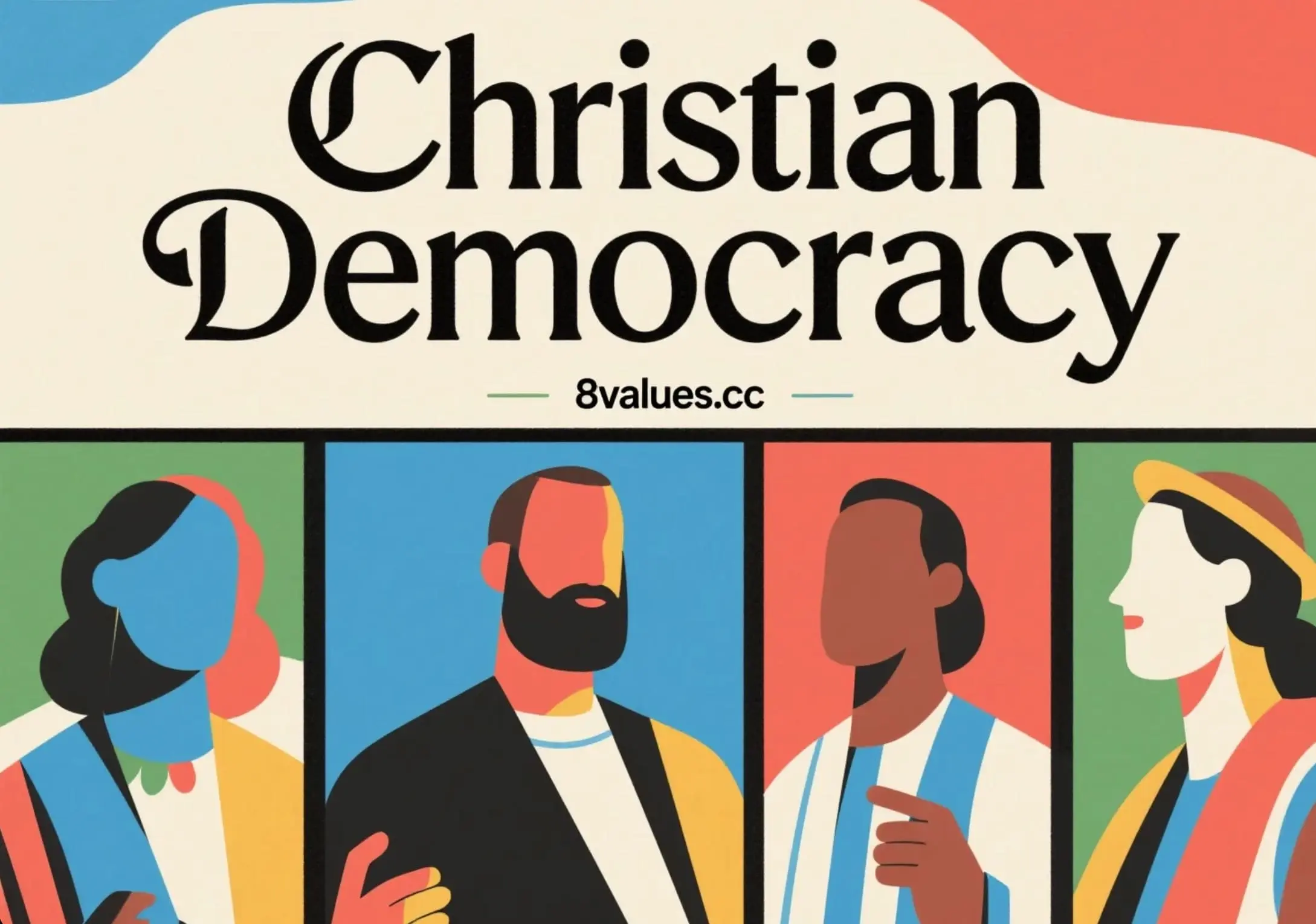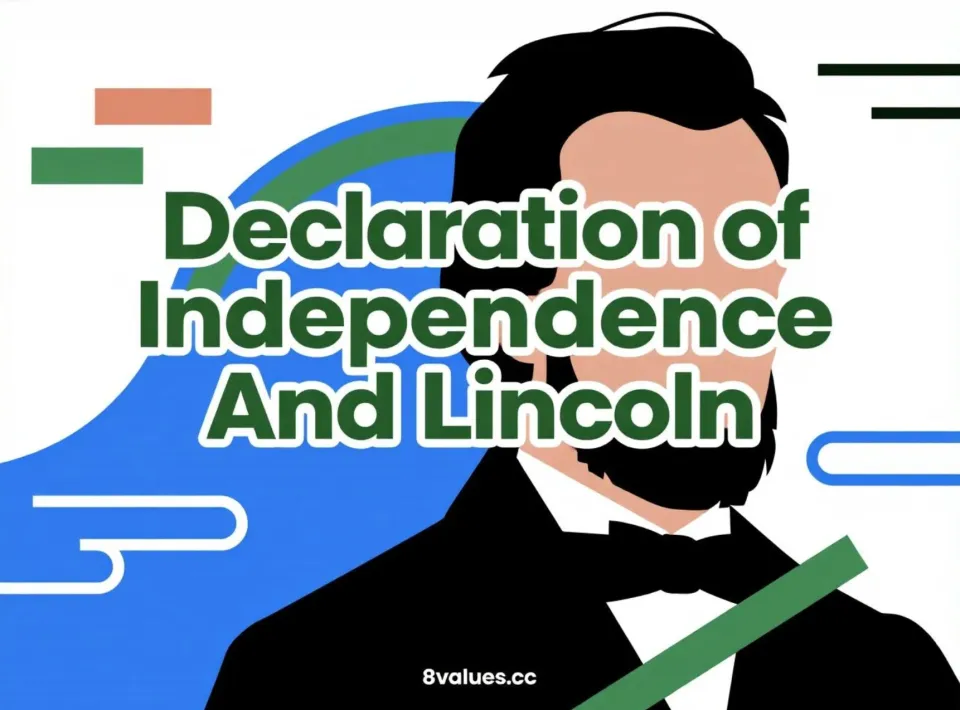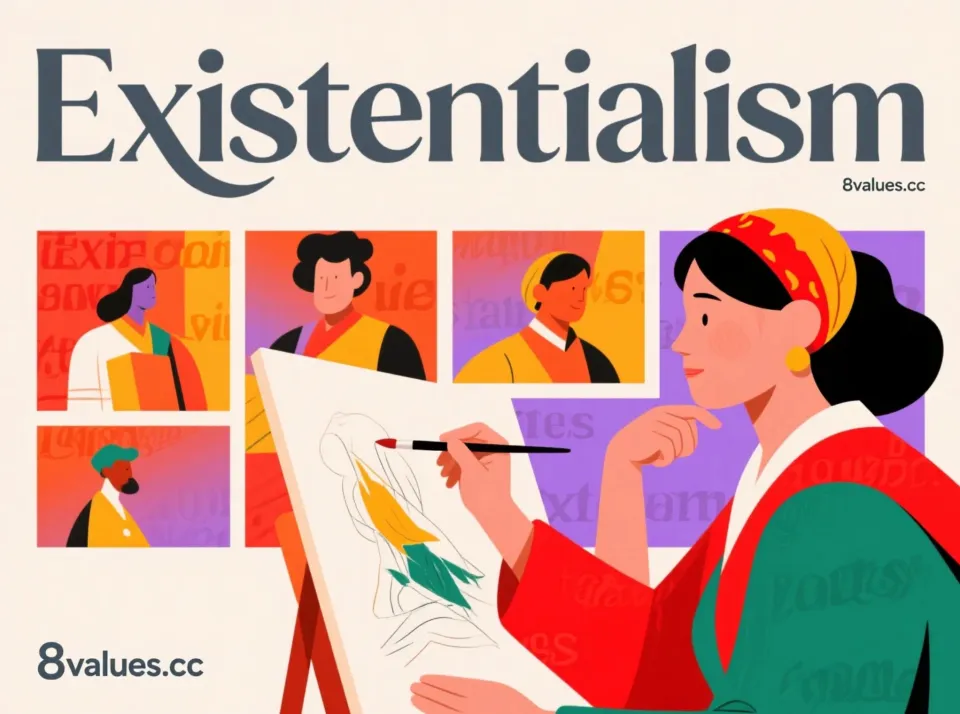Christian Democracy | 8values Interpretation of ideological ideology of political tests
A thorough interpretation of the ideological manifestations of Christian democracy in the 8Values political test, including core concepts, policy directions, historical origins and contemporary influence, helping you fully understand this complex political ideological system.
Christian Democracy is a complex and diverse political ideology that combines liberalism, conservatism and socialist ideas. Through the 8values political test, you can discover how this ideology seeks balance in the social, economic and cultural spheres and explores the middle path between liberalism and collectivism, capitalism and communism. This article will analyze its core concepts, historical development, policy areas and distribution of major political parties in detail, helping you fully understand the position of this ideology in the modern political spectrum.
The core concept and political view of Christian democracy: the combination of freedom and responsibility
Christian democracy emphasizes personalism , believing that everyone has inalienable dignity and social responsibility. Through the 8values test, you can see how this philosophy is reflected in the emphasis on family, civil society, and public participation.
1. Humanitarianism and individualism
- Human beings are social and relational existences, emphasizing the importance of family and civil society.
- Respect individual rights and freedoms, while advocating social responsibility, reflecting the balance between liberalism and collectivism.
- Peritivism principles are incorporated into modern human rights theories, such as the Universal Declaration of Human Rights and the European Union Charter for Basic Rights.
2. Subsidiarity principle
- Small units (family, community, local governments) should give priority to matters, and the state will only intervene if necessary.
- The principle of auxiliary nature has also become an important foundation for European integration and the EU legal system.
- In the 8 values test, this philosophy is often reflected as a political choice that tends toward decentralization and local autonomy.
3. Solidarity
- Emphasizing the care of all social classes and future generations is different from Marxist class unity.
- It includes wealth redistribution, but emphasizes equality of opportunities rather than compulsory equality of wealth.
- Social policy support reflected in the 8 values results is center-left tendency.
4. Social Market Economy
- Combine free markets and social security to ensure social equity.
- Private property and corporate freedom accompany social responsibility, emphasizing the development of small and medium-sized enterprises.
- Be cautious about state intervention, but intervene in the event of market failure or social demand.
5. Popularism
- Represents the interests of the whole society rather than a specific class, and promotes cooperation among various social groups through proportional representation.
- In the 8 values test, this is reflected in a preference for multi-interest coordination and social inclusion.
6. Commitment to democracy
- Support liberal democracy and achieve social and political goals through gradual reform.
- Emphasize the constraints on democracy by the constitution, individual rights and supranational mechanisms.
7. Social and cultural values
- It is social conservative, attaches importance to Christian traditions, and opposes abortion and same-sex marriage, but some political parties are acceptable under restrictions.
- Environmental policy emphasizes “protecting creation” and sustainable development.
The historical origins and development of Christian democracy: from the Pope Encyclical to European integration
Christian democracy originated in Europe at the end of the 19th century and was influenced by pope encyclicals such as the New Encyclical and Forty Years, aiming to solve labor problems and social inequality.
1. Early development
- The Zentrumspartei defends the rights of Catholics.
- French and German thinkers such as Lamene and Kettler proposed solutions to social problems.
- Form the early ideological foundation of Christian socialism and democracy.
2. Rise after World War II
- Play a key role in the reconstruction process of Italy, Germany, France and other countries.
- Promote European integration, Adenauer, Schumann, Gasbailey and others lead the reconstruction of Europe.
- The People's Party was transformed after the war, making the political party represent the interests of the whole society.
3. Difference from liberalism and Christian socialism
- Emphasize that individuals are part of the social community and exclude complete separation of church and state.
- Social unity focuses on everyone, not on specific classes, and opposes revolutionary means.
- Christian democracy emphasizes modern parliamentary government and representative democracy.
The policy areas of Christian democracy: the balance of economic, social and diplomatic
1. Economic Policy
- Implement a social market economy, taking into account both free enterprises and social responsibilities.
- Encourage the development of small and medium-sized enterprises and ensure humanitarian labor conditions.
- In the 8 values test, it is an economically center-right and socially center-left balanced choice.
2. Social Policy
- The core is to protect personal dignity and provide temporary relief.
- Advocate the principles of personal responsibility and auxiliary nature to avoid forming a culture of dependence.
3. Family Policy
- The family is the basic unit of society and supports traditional families and diverse partnerships.
- Pay attention to children's education, population issues and parenting policies.
4. Environmental Policy
- Focus on protecting nature and implement sustainable development policies.
- Emphasize technological innovation and the principle of "polluters pay" and take into account both economic and environmental protection.
5. Foreign and Security Policy
- Support European integration and maintain peace and freedom.
- Promote human rights, environment and development policies and combat terrorism and extremism.
The geographical distribution of Christian democracy and the main political parties: the core forces of Europe and Latin America
- Europe: German CDU/CSU, Italian Catholic Democratic Party, French UMP, Benelux Economic Union political parties.
- Latin America: Christian Democratic Party in Chile, Mexico, Venezuela.
- Asia: Philippine Lakas-Christian Muslim Democrats.
- International organizations: Century Democratic International (CDI), European People's Party (EPP).
Famous figures of Christian democracy: Pope, thinker and politician
- Pope: Legislative XIII, Pius XI, John XXIII, John Paul II.
- Thinkers: Thomas Aquinas, Jacques Maritan, Oswald von Nel-Brenning, Abraham Keber, William Roppke.
- Politicians: Conrad Adenner, Alchede Gasbailey, Robert Schumann, Helmut Cole, Angela Merkel, Jean-Claude Juncker, Velfried Martens, Luigi Steurzo, Raphael Caldera, Eduardo Frey Montalva.
Current Challenges and Future Vision: The Position of Christian Democracy in Modern Times
- The deviation between secularization and core values has caused some political parties to adjust their economic liberal policies.
- New forms of Christian nationalism challenge liberal democracy, such as the Hungarian Fidesz and the Polish Law and PKR.
- In the future, Europe needs to re-understand Christian democratic values in order to deal with population, culture and social transformation.
- Hope of revival: The European People's Party emphasizes the combination of conservatism, liberalism and Christian social thoughts to provide vitality for future democracy.
summary
Through the 8values political test, you can clearly see the balanced choices of Christian democracy in economic, social and cultural dimensions, and understand its historical origins, core policies and modern challenges. Understanding Christian democracy can help understand the European political spectrum and global political trends, and can also provide reference for personal political stance. Explore the 8values full test and view the 8values full ideology detailed ideological analysis .






